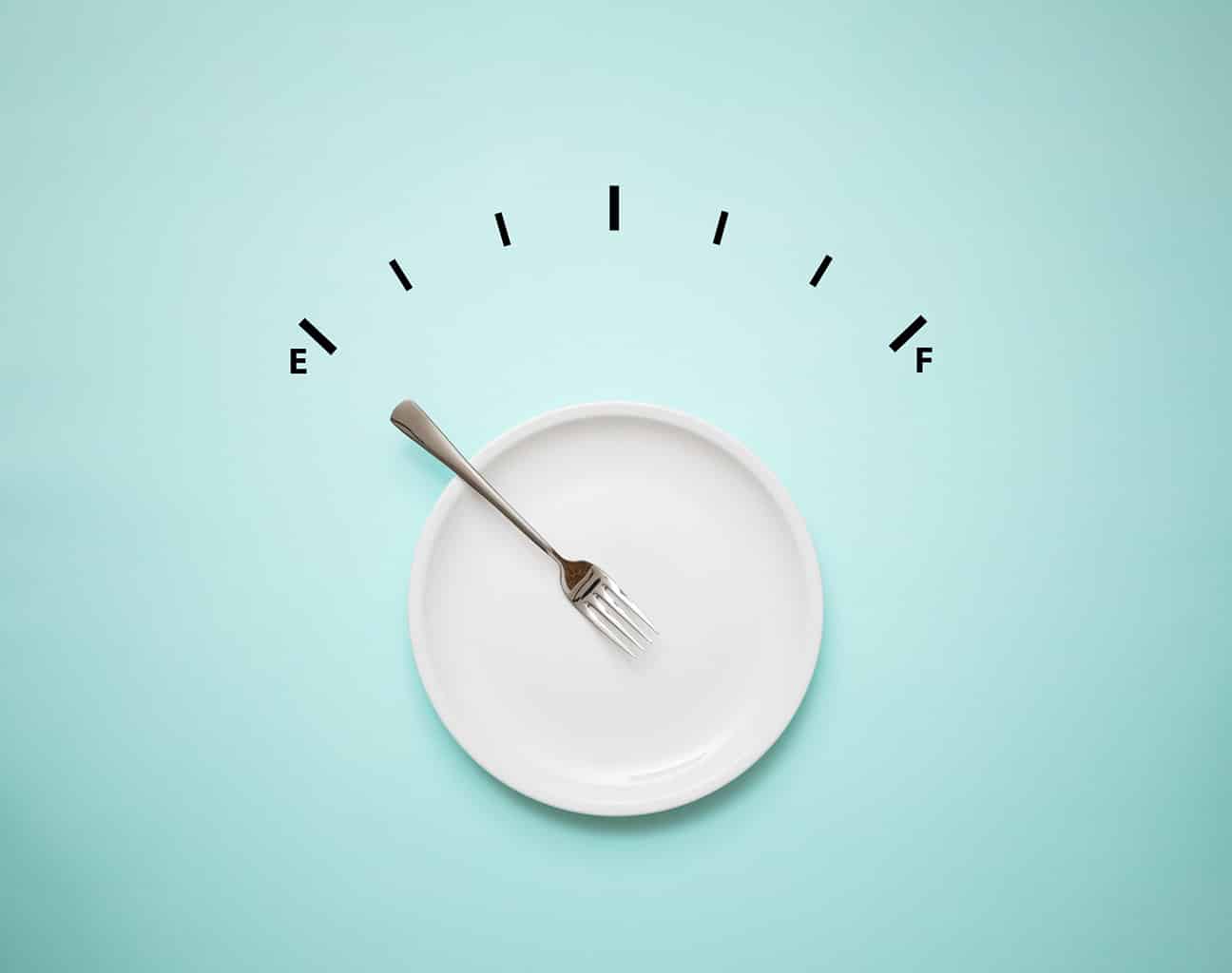 shutter_m/Getty Images
shutter_m/Getty Images Not all hunger is created equal. If you have an extra busy day and you miss both breakfast and lunch, you’re experiencing your basic ordinary hunger before you finally lunge for dinner.
If you’re on one of those “cleanses” that call for minimal ingestion of any food, that’s more of a serene, intentional type of hunger.
If you’re a homeless person who must beg for food, your hunger is anything but intentional. It’s more like a tragic status quo.
But what about that 25-hour fast most of us will observe tomorrow on Yom Kippur, Judaism’s holiest day? What kind of hunger does that trigger?
If we don’t give this question much thought, we’ll just default to the regular type of hunger where our stomachs growl at our failure to feed them. That may explain why many of us wish one another an “easy fast” and look for any tips to lessen the hunger pangs. Reducing pain, after all, is the normal thing to do.
The problem is that there’s nothing normal about Yom Kippur. Everything about this sacred day is infused with awe and heaviness. We must atone. We must deny ourselves. On this one day at least, we must allow humility to define us.
We’re not supposed to have an easy fast on our great big day of atonement.
All that is nice theory, but we’re still left with those stubborn hunger pangs and desperate, headache-inducing cravings for caffeine. What do we do about that reality?
I can think of only one logical answer: If we want to get the most out of Yom Kippur, we must transfer the hunger from our stomachs to our minds.
Our stomachs don’t think. They just want to eat. Our minds have the power to process our hunger and give it meaning.
Yom Kippur, then, is the day we stop feeding our stomachs and start feeding our minds.
How do we nourish our minds to turn our hunger into a transcendent experience? We each have our own answers.
Here’s how I’ll try to feed my mind on the big day: Value the hunger. Appreciate that without hunger, the day cannot be special.
I will tell myself that it’s hard to be humble and elevate on a full stomach. It’s hard to feel someone else’s pain if I don’t feel any myself. My growling empty stomach is my guarantee to stay deep and holy on our deepest and holiest day. From that state of mind, I hope the meaning will follow.
As far as the caffeine withdrawals, alas, for that reality I’m not sure my mind is strong enough.























 More news and opinions than at a Shabbat dinner, right in your inbox.
More news and opinions than at a Shabbat dinner, right in your inbox.